Ramaswamy - Assange: GOP candidate who wants to end Ukraine - Russia war immediately, Vivek, demanding to meet Julian Paul Assange
Perth and Beijing 11.25pm / DC 11.25am / London 4.25pm
Australian PM Anthony Norman Albanese has very, very patience to negotiate with the U.S. and UK to release Australian Julian Paul Assange. Some analysts think that a lot of deals under Albanese administration linkage with the U.S. and UK just for Albanese effort for “exchange” to Assange. Latest deal is to enlarge Darwin military base, for more intensify U.S. - Australia exercise, to prevent escalation with China.
Biden to host Prime Minister Anthony Albanese of Australia for a state dinner on Oct. 25, White House announces, formalizing the consolation prize offered when the president scrubbed his visit to Australia at the last minute to deal with debt ceiling talks at home. This is the second trip by Biden in the Asia Pacific this year, after India (G20 Summit, 9-10 September) and Vietnam, but Biden snubbed, deny attending the ASEAN Summit started today, as President Joko Widodo - Indonesia is Chair of ASEAN this year (and next year is Laos or Lao People’s Democratic Republic).
VP Kamala Devi Harris just landed in Jakarta Indonesia around 3am Jakarta time (Sept 6th) or 4pm DC time (Sept 5th), she will attend ASEAN Summit.
(Indonesia Minister Erick Thohir with Australia PM Anthony Norman Albanese. President Joko Widodo still giving a key speech for ASEAN Summit, so, around 10am - Sept 6th / 11pm - Sept 5h in DC, Erick replaces Pak Jokowi to meet PM Albanese)
Editors and publishers of the five media organizations who first partnered with Julian Assange - The New York Times, The Guardian, Le Monde, El País and Der Spiegel - call for his immediate release.
Senior journalist Mehdi R. Hasan (now works for MSNBC) says we must say Julian Paul Assange is journalist, same degree with jailed journalist Evan Gershkovich, citing if everyone cares and wants Evan Gershkovich release from Lefortovo Prison in Moscow, everyone also must cares and wants Julian Assange release from Belmarsh Prison in Thamesmead South London.
PM Albanese may be surprised because he’s not alone, because of a person who also wants the release of Julian Paul Assange: Vivek Ganapathy Ramaswamy.
Vivek Ramaswamy is seeking a meeting with Wikileaks founder Julian Paul Assange, which could make him the first U.S. presidential candidate to meet with the controversial publisher in prison.
"I’d like to meet him. No success in getting in touch yet," adding that he has asked former representative Ronald Ernest “Ron” Paul for help brokering the sit-down during Ramaswamy's planned visit to London later this month.
Ramaswamy has vowed to pardon the Wikileaks founder on his first day in office, calling it "downright shameful" that Assange "still sits in a foreign prison in exile." He has also said he would pardon Edward Joseph Snowden, the former National Security Agency contractor who exposed thousands of top-secret documents on American surveillance programs and sought refuge in Russia.
In the last GOP Debate weeks ago, Ramaswamy also fears the Ukraine war is the 'single greatest threat' to the US as he reveals a plan to end it. He would demand of Russian leader Vladimir Putin in order to strike a deal to end the Ukraine war.
The 38-year-old businessman has proposed to use the invaded land in Ukraine, indicated means Crimea (goes to Moscow) as a bargaining chip to entice Putin to exit his military alliance with China. Former Secretary of State Henry Alfred Kissinger also pushed the Biden administration and Zelensky administration to leave Crimea, send Crimea to the Kremlin in hope war ended immediately.
He certainly talks that way when the subject is Ukraine or the Middle East. In response to criticism from GOP strategist Karl Rove, Vivek Ramaswamy quipped, “Karl, I’m sorry we won’t be invading Iraq again. Get over it.”
Like numerous figures on the opposite end of the political spectrum, Ramaswamy has advocated de-escalation and peace talks in Ukraine. Slamming him for this position at last week’s Republican debate, former South Carolina Gov. Nikki Haley said Ramaswamy was “choosing a murderer”—Russian President Vladimir Putin—over an American ally. Ramaswamy shot back, “I wish you success in your future career on the boards of Lockheed Martin and Raytheon.”
Ramaswamy has advocated a “Korean War-style armistice” in Ukraine. 1.5 Months ago, July 27th, 2023, is 70 years of The Korean Armistice Agreement. There’s already been a staggering loss of life since the war started last February, neither Russia nor Ukraine seems likely to win a total victory on the battlefield any time soon, and the worst-case scenario for a longer war is much worse than what’s already happened.
Vivek Ramaswamy is willing to trigger that apocalypse to save the U.S. economy from relying on China for the “cutting-edge semiconductors” currently manufactured in Taiwan. That’s dangerously insane. However bad you think it is that Joe Biden is willing to risk a war with a major nuclear-armed power, you can multiply that by a thousand when describing a candidate who explicitly promises that he would start such a war.
One of the slogans promulgated by the ruling party in George Orwell’s dystopian novel 1984 was “War is peace.” It’s in this sense, and only in this sense, that Vivek Ramaswamy is on the side of peace.
Assange exposed hundreds of thousands of classified documents provided by the U.S. Army intelligence analyst Chelsea Manning. During an appearance on Paul's podcast in June, Ramaswamy said he was "trying to visit Julian Assange" and asked for "some of [Paul's] listeners' help" in getting in touch with him in prison.
"I have a planned trip to the U.K. that I am committed to speak of sometime in September," said Ramaswamy. "I want to see him during that visit, face-to-face, and have that conversation."
"If there’s anybody in your network. They’re making it really hard to see him. But that’s something that I’m keen to do," he added.
Paul's cohost told Ramaswamy that they could "help you with that."
"I would hope so, I would take it gladly," said Ramaswamy. "I intend to pardon him."
Assange is awaiting extradition to the United States from His Majesty’s Prison Belmarsh in London. The U.S. government charged the Australian national in 2019 with hacking crimes and espionage act violations stemming from his publication of the classified documents he received from Manning.
John Bolton hour ago blasted Vivek Ramaswamy's views on the Russian invasion of Ukraine by comparing the 2024 GOP hopeful to his former boss, former President Donald Trump.
Bolton joined CNN This Morning and reacted to a clip of Ramaswamy avoiding calling Russian President Vladimir Putin a "war criminal." He instead referred to him as a "dictator" whose actions have been "craven."
"I think Ramaswamy reminds me an awful lot of Donald Trump. He has very firm opinions on subjects he knows absolutely nothing about, and this was an example of it," Bolton said in reaction.
Bolton served as a national security advisor in Trump's White House, but has since become a vocal critic of the former president.
Bolton blasted Ramswamy and Trump's pledges to quickly end the way in Ukraine if elected as something out of kindergarten.
"Like Trump said, [Ramaswamy] would put Zelenskyy and Putin in a room and he’d have it solved in 24 hours," he said. "Ramaswamy is going to go to Moscow, convince Putin to break the alliance with China, and end the war that way. I mean, they might as well be in kindergarten talking about a very complex situation. But there is no mistake, I think Ramaswamy emulates Trump every time he can."
Ramaswamy has skyrocketed to third place in the Republican presidential primary by campaigning as a millennial candidate with fresh ideas. But some of those ideas—like his support for cutting aid to Israel—have made him an outlier in the Republican field. Awkwardly, President Biden was thinking to cutting aid to Israel for make sure PM Netanyahu resign and or stop his idea on judicial overhaul. In years, Senator Bernie Sanders advocated tirelessly to end aid to Israel because brutality (suffered by Palestine).
His support for Assange is also outside the mainstream. Other candidates have criticized Assange, including former vice president Mike Pence, who called the Wikileaks publisher’s actions one of the biggest "compromises of classified information in American history." Former president Donald Trump also declined to pardon Assange during his time in the White House.
Ramaswamy has been trying to arrange a meeting with Assange for months, but has had difficulty getting in contact with him. An attorney for Assange did not respond to a request for comment.
Democrats have criticized Assange as well. After Wikileaks published leaked emails in 2016 from the Democratic National Committee and Hillary Clinton's former campaign aide John Podesta. But two Democratic candidates, Robert F. Kennedy Jr. and Marianne Wiilliamson, have said they're also on board with pardoning the Wikileaks founder.
United States ambassador Caroline Kennedy has flagged a potential plea deal between Julian Assange and US authorities that could end America’s pursuit of the WikiLeaks founder and allow him to return to Australia.
As hopes fade among Assange’s supporters that the Biden administration will abandon its extradition request, a David Hicks-style plea bargain has emerged as the most likely way for Assange to avoid a drawn-out criminal trial on espionage charges and a possible lengthy jail term in a maximum security US prison.
Assange’s legal options to avoid being extradited from the United Kingdom to the US could be exhausted within two months, coinciding with a visit by Prime Minister Anthony Albanese to Washington D.C. in late October.
Asked whether she believed it was possible for the US and Australia to reach a diplomatic outcome on the Assange matter, Kennedy said it was an “ongoing case” being handled by the Department of Justice.
“So it’s not really diplomatic”, Caroline explained.
Former Australian Prime Minister Julia Eileen Gillard started the ball rolling after Wikileaks released the US diplomatic cables in March 2010 by undermining the presumption of innocence and pre-emptively accusing Julian of being ‘guilty of illegality’.
A Whole of Government Taskforce was established and the Attorney-General referred the matter to the Australian Federal Police but they found no evidence of any crime where Australia would have jurisdiction. Even so, we had further contact with the US.
A March 2012 cable from Washington to Canberra, titled: ‘US: Australian American Relations a snapshot’ related to Julian was produced but redacted – because the material included in the document ‘would, or could reasonably be expected to, damage Australia’s relations with the US’. The title of that document is a beacon guiding the entire correspondence.
In 2012 the Australian Government tried to find out whether a sealed indictment existed against Julian. Our embassy in Washington approached US authorities asking about US legal processes and whether they intended to seek Julian’s extradition. That ‘request from the suburbs’ went unanswered by ‘the centre’: US officials declined to provide advice relying on the secrecy around Grand Jury processes.
Less than two months later then Attorney-General, Nicola Roxon, meeting with Julian’s lawyer, Jennifer Robinson, said there ‘may be some things we can do diplomatically’ when asked about protecting Julian. But she afterwards wrote to Jen Robinson saying Australia would not be seeking to involve itself in any international exchanges about his future. And that’s what happened.
Roxon’s correspondence was an effective Declaration of Abandonment and triggered Julian’s decision to seek asylum in the Ecuadorian embassy in London in June 2012, but private and public requests for Australian diplomatic assistance continued.
In January 2019, Julian told visiting consular officials of his difficult situation in the Ecuadorean embassy and of CIA involvement, and made clear that his personal situation needed to be addressed by them through diplomatic channels. The department officials were informed – but, as with so many lost opportunities in this case, nothing was done.
On 1 July 2021. The United States Head of Mission for Australia, Arthur Sinodinis, cabled Canberra confirming he had met with Julian’s family on 30 June 2021 and noted that: ‘They outlined defects and irregularities with the legal proceedings. They are no longer interested in consular help from the Australian Government, they want diplomatic and political interventions.’ They got neither.
Returning to 2012, once Julian sought and was granted asylum in the Ecuadorian Embassy there was a sense of relief that he was temporarily safe. He kept working with Wikileaks notwithstanding his relentless public persecution by media. From the Australian Government’s perspective things were in a holding pattern, conveniently leaving it out of the limelight while matters were being thrashed out between the Swedish, UK and US governments.
While this was going on the contrasting extent of the Government’s ‘concerted campaign of advocacy’ in Peter Greste’s case was not lost on those following Julian’s case. (A similar unease about disparate treatment followed widely publicized Government involvement later in bringing home James Ricketson and Kylie Moore-Gilbert.)
But what prompted me to resume FOI work was when the UN Working Group on Arbitrary Detention (WGAD) found in February 2016 that Julian had been arbitrarily detained and that he had not been afforded the guaranteed international norms of due process or a fair trial. (The Opinions of the Working Group are legally binding to the extent that they are based on binding international human rights law.)
Then Foreign Minister Julie Bishop confirmed that she had read the report. She sought legal advice from her own department. The advice was emailed to the Attorney General’s office on 9 February 2016. What that advice said has never been revealed, but at that time the Australian Government could have ended Julian’s suffering by using the UN decision to extend diplomatic protection.
Instead Julie Bishop signed off on a Ministerial Submission on 12 February 2016 which recommended not to seek to ‘resolve’ Julian’s case because they were ‘unable to intervene in the due process of another country’s court proceedings or legal matters, and we have full confidence in the UK and Swedish judicial systems’.
After a series of exchanges between myself and DFAT about the Government and/or DFAT recognizing the legitimacy and independence of the UN’s WGAD, DFAT finally confirmed in June 2018 that the Government was ‘committed to engaging in good faith with the United Nations Human Rights Council and its mechanisms, including the Working Group on Arbitrary Detention’. But again, nothing was done.
Abnegation of responsibility for making decisions about his fate filters through all of the Australian Government’s actions and failures to act. They obviously would rather have another government make the decision because the only proper course would involve them saying no to the US.
Events in 2019 really cemented the Australian Government’s role as a silent collaborator.
On 5 April 2019, six days before Julian was forcibly removed from the Ecuadorian embassy and arrested, an internal email from the Attorney-General’s department noted with suspicious prescience: ‘FYI – Assange might be evicted. Not sure if his lawyers will make any (not very convincing) arguments about Australia’s responsibilities to him but thought it was worth flagging.’
On 11 April 2019, the day of Assange’s arrest, the first US indictment against him was unsealed. Consular officers were at the initial hearing on 11 April and visited Assange at Belmarsh Prison the next day. The consular report on the hearing omits the judge’s statement: ‘You are a narcissist who cannot get beyond his own self-interest. I convict you for bail violation’.
From when he arrived at HMP Belmarsh Julian remained on a care planning process for prisoners identified as being at risk of suicide or self-harm. He also needed urgent dental treatment.
Immediately after his arrest, with Julian being held in isolation alone for 23 hours per day, his London lawyers desperately tried to contact the Australian High Commission. The Embassy did not respond to telephone calls and emails until 18 April 2019 when the High Commission sent his lawyers a letter confirming that they’d raised his dental issues with prison authorities and were still waiting to hear about the whereabouts of Julian’s belongings from the Embassy.
The politics involved predominantly by the US in securing the revocation of his Ecuadorian passport, and then predominantly by the UK in securing his eviction from the embassy, are stories in themselves of state action achieving goals in Julian’s individual case. Where there’s a will there’s a way.
Consular officers who visited Julian again on 17 May 2019 reported him saying he was concerned about surviving the current process and feared that he would die if taken to the United States. They noted he had lost weight and him saying he wasn’t able to eat much. The day after Julian was admitted to the health care wing because of self-harm and suicide risks. Still nothing happened.
Only after Wikileaks released a statement on 30 May 2019 announcing grave concerns about Julian’s health did Canberra cable London requesting that officials contact Belmarsh about the veracity of the report and an update on his condition.
Coincidentally the Special Rapporteur on Torture, Nils Melzer, released his report the next day, confirming that Assange was suffering psychological torture. Misreporting about what Melzer said about the Australian Government’s role prompted a DFAT statement on 31 May 2019 lashing out at the Special Rapporteur and saying the Australian Government was confident that Julian was being treated appropriately in Belmarsh Prison. As with any consular client, they said, they would continue to visit Julian in prison, monitor and advocate for his health, welfare and equitable treatment, and closely follow his proceedings.
Contrary to that assertion, the Australian High Commission was writing to the UK Ministry of Justice a week later seeking help to get a response from Belmarsh after they had written on three separate occasions and left messages enquiring about Julian’s welfare. And again to the contrary, the High Commissioner, George Brandis, did not try to intervene after media reports about grave concerns for Julian’s health.
The former Foreign Minister, Marise Payne, admitted in Senate Estimates in February 2022 to having read at least part of the Melzer Report. Notwithstanding Melzer’s concerns about breaches of due process by UK authorities, once again the Australian Government did nothing.
Held in court in a reinforced glass cage – like he was a war criminal of the ilk of Nazi SS leader Adolf Eichmann who was famously tried while held in a glass cage in an Israeli court – a downcast Julian Assange receives a reassuring smile from his now wife Stella Assange and members of his legal team. (Photo: An anonymous observer in court.)
Melzer issued a further statement on 1 November 2019 expressing alarm that Julian’s life was at risk. He warned that his pattern of symptoms can quickly develop into a life threatening situation involving cardiovascular or nervous collapse. This was published on the ABC online news site. It should have come as no surprise to the Australian Government that Julian suffered a ministroke in October 2021, on the first day of a US government appeal against a ruling blocking his removal.
The Australian High Commission finally heard from the Ministry of Justice on 15 June 2019 that Julian – who at the time was on suicide watch – had withdrawn consent for HMP Belmarsh to provide medical treatment information to consular officials.
That did not mean he was refusing consular assistance or blocking visits from consular officials.
His lawyer, Gareth Peirce, wrote to the Australian High Commission on 24 October 2019 explaining why Julian withdrew his consent to provide medical treatment information and had not responded to offers of consular visits. She said he was in shockingly poor condition, that every professional warning to the prison had been ignored and she offered to meet with officials if they could help avoid the impending crisis.
Our consular officials failed to document that Julian couldn’t say his name and date of birth on the first day of the extradition hearing on 21 October 2019. Why no report on obvious signs of deteriorating physical and mental health?
His co-prisoners, not consular officials, eventually successfully petitioned for Julian’s release from solitary confinement.
On 1 November 2019 – the last documented personal visit from Australian consular officials, and after the purported withdrawal of consent – consular officials visited him. They recorded in detail his concerns about false reports that he had rejected offers of consular visits, that his mind was shutting down and he was dying, of difficulties thinking and lack of basic materials for preparing his defence. But yet again, nothing happened.
Julian’s lawyer, Gareth Peirce, confirmed early in 2020 that he had only been allowed two hours with his legal team since appearing in court and that Belmarsh Prison had been obstructing access. There were further reports that he had been handcuffed 11 times, stripped naked twice, and had his case files confiscated after the first day of his extradition hearing.
On 1 October 2020, the last day of that hearing, Australian officials contacted Belmarsh to discuss his health and well-being. Their excuse for failing to provide consular assistance on other occasions was lacking his Authority to do so.
Now, compare that history to their earlier official assertion that they would ‘continue to visit Julian in prison, monitor and advocate for his health, welfare and equitable treatment, and closely follow his legal proceedings’.
During the same period the ABC reported that Julian and his lawyers were spied on in Ecuador’s embassy, and that legally privileged information and conversations were reported back to the US. I haven’t seen any documents and we haven’t been told what, if anything, the Australian Government knew or did about the unlawful surveillance of one of its citizens, his Australian lawyers and its own consular officials.
Foreign Minister Marise Payne said she raised Australia’s expectations about Julian’s treatment with former British Secretary Dominic Raab on 6 February 2020 but an FOI request didn’t turn up any documents so one must assume it was oral discussions. She then met with Secretary of State Mike Pompeo at AUSMIN. FOI documents requested about that meeting were redacted in full.
The FOIs reveal the extensive legal preparation on the issue of Julian Assange’s possible extradition, by officials in the Department of Foreign Affairs and Trade.
In November 2020 Labor Opposition Senators voted with the Greens to pass a motion acknowledging many of the extraordinary factual circumstances and irregularities in Julian’s case. Our current Foreign Minister, Penny Wong, was Leader of the Opposition in the Senate at that time.
After the UK Court decision refusing extradition in January 2021, Marise Payne released a statement acknowledging the decision’s grounds of Julian’s mental health and consequent suicide risk. Again it was noted that Australia was not a party to the case and would continue to respect the ongoing legal processes.
In June 2021, she confirmed to Senate Estimates that she had read the Court decision in parts. The judgment was an agonising read in terms of Julian’s health and well-being, but neither she nor the Government did anything. The Morrison Government made no request that US President Donald Trump pardon or not extradite Julian.
Marise Payne met with Secretary of State, Antony Blinken, in May 2021. Again FOI documents were redacted in full so we don’t know whether or to what extent Julian’s case was discussed.
June 2021 brought the revelation that one of the main US witnesses in Julian’s extradition case admitted he had made false claims against Julian in exchange for immunity from prosecution. Media reporting on the subject appears on DFAT files, so they were and are aware of it. However, as had become usual, nothing happened.
September 2021 revealed the CIA plot to kidnap or assassinate Julian. When you’re in the sights of the United States Government all options are on the table.
Even though Marise Payne admitted being aware of the media report, she did not raise it with her US counterpart. What we don’t know is whether Australian intelligence knew about the CIA’s plans by reason of our involvement in Five Eyes, or whether that information was withheld from the Minister.
The only entry of note in Julian’s 2017 consular file is a classified cable on 1 June 2017 and a redacted letter from an AFP ‘Federal Agent liaison officer – London International Operations’, which may or may not be relevant. Not one mainstream journalist in the country examined what our Government or its intelligence agencies knew at the time about a foreign power’s plan to murder an Australian national and journalist. Again, nothing happened.
On 9 November 2021 Senator Janet Rice asked in Senate Estimates: ‘So you think that’s all the appropriate assistance that you should have provided?’ Payne simply said ‘I have provided the assistance that I am able to.’ One wonders what was constraining her ability to provide assistance.
When you look at this history on the background of all that happened what we do know is concerning, but what’s being kept from us is disconcerting. Nils Melzer has a valid point when he labels Australia the ‘glaring absentee’.
We’ve now had a new Labor Government for 9 months and Julian’s circumstances haven’t changed. We’ve moved to ‘quiet diplomacy’, ‘enough is enough’, and assurances that Julian’s case has been raised ‘at the appropriate levels’ with the United Kingdom and United States – but no specifics are given, not even to his family.
The Australian Government is willing to say publicly that Julian is entitled to due process. When asked, it is much less willing to say whether it believes Julian has been afforded it, even though the Government’s role is to seek to ensure that due process is followed in all foreign legal proceedings against our nationals.
From an FOI point of view there’s no paper-trail to demonstrate that Ministers are rigorously pushing the case with their US counterparts.
The FOIs reveal the extensive game-planning on the possible fate of Julian Assange by officials inside the Canberra head office of the Department of Foreign Affairs and Trade.
Foreign Minister Penny Wong makes the point that ‘not all representations are made by way of letter’. I make the counterpoint that in the David Hicks case, the only remotely comparable case I know of, there was an internal paper-trail demonstrating directions being given to the US Ambassador, notes about Ministers calling their counterparts, and the Prime Minister standing alongside both the President and Vice President of the United States at press conferences and being willing to confirm that the case had been discussed.
An FOI request produced Foreign Minister Wong’s 2022 AUSMIN ‘Visit to the US bilateral pack’ document which mentions Julian’s case. On another request all information about the Prime Minister meeting Julian’s family has been redacted as ‘relating to an international matter that is the subject of sensitive diplomatic relations involving Australia, the UK and the US’.
The FOI material I have obtained, including all its redactions, is telling me that Julian is a political prisoner, that this is a political prosecution, that there has not been and can be no expectation of due process, and that our Government’s policy in dealing with his life is dictated by international policy considerations rather than objective considerations of truth, justice and actual circumstances. The result is that Julian remains effectively on death row.
Prime Ministers apparently must resist any pressure or advice against taking strong political and diplomatic involvement in Julian’s case because of some unspecified ‘risk to our strategic interests’.
Anthony Albanese says he is a prime minister for and of the people – and Julian Assange is one of those people who has the support of millions of people all over the world, including in the US. The case propounded and stance taken by the US, with the complicity of the UK and Australia, are far removed from any sense of justice.
This is a story of institutionalised prejudgment, ‘perceived’ rather than ‘actual’ risks, and complicity through silence. The inference from the records I’ve examined is that our Government’s real policy on Julian’s persecution is complicit inactivity in deferring to the US: inaction is the policy.
Individuals direct a State. For every reasonable request that has been ignored, for chairs that have remained empty when they required the presence of active observers, for every international law finding ignored, for every record that remains uncorrected, for turning away when an Australian life has been threatened, and for the silence that has descended in the face of injustice, many of the senior public servants and Ministers across many departments have no shame now, but history will hold them accountable.
Dealing with Julian’s ‘case’ – his very life – through the prism of international policy considerations and strategic alliances rather than objective considerations of truth, justice and actual circumstances is what the FOI documents suggest, and it’s a continuing institutionalised mistake.
A primary precept of good government is justice for its citizens, but because our government has ignored every injustice in his case, injustice now threatens us all with a precedent whereby the US can seek to capture by any means, incarcerate and extradite anyone, including journalists or publishers, of any nationality from most places in the world, for disclosing shockingly reprehensible US secrets.
By courageously publishing the truth, Julian terrified with the threat of personal responsibility and accountability those who had been operating beyond reach. He knew they’d come for him, we knew they’d come for him, and they did. It’s not a hard story to understand.
Julian is a moral innovator. He made moral gains which had an immense effect on human life. He did what lay in his power to make people less cruel to others and was rewarded with nothing but personal pain. Posterity will pay Julian the highest honour for putting into the world the things that we most value: truth, transparency and justice.
History will look back on Assange as a particularly important person, and on his persecution – the details of which will be further filled out over time, and preserved forever – as an appalling politico-legal abomination.
Harking back to Julian’s own observations about the real international hierarchy, ‘Mr Anthony Norman Albanese Goes to Washington’ could and should be a story of an Australian Prime Minister quietly but resolutely standing up for truth and fairness and the rights of a citizen – and securing the release of a person who, far from being a criminal, has put his life on the line for those same values for the benefit of people the world over.
========END————
Thank you, as always, for reading. If you have anything like a spark file, or master thought list (spark file sounds so much cooler), let me know how you use it in the comments below. Thank you so much for letting me vent! If you enjoyed this article, you can give pledge to me same as 25 subscribers (click PLEDGE button) or simply share this article with a friend. It helps me more than you realise.
If you enjoyed this post, please share it.
______________
Professor Hendrik, Professor Eric, and another person, Prof David A. Andelman, former Bureau Chief NYTimes recommended my substack, also some Chief Technology of Financial Times (FT) recommended my substack, not only subscribe. I'd be happy to get more & more PLEDGE and recommendations for better crafted writing (via Bank Central Asia (with my full-name ADI MULIA PRADANA, clearing code 0140119, account number 0201558866 or via STRIPE. For me, prefer Bank Central Asia).
If a friend sent this to you, you could subscribe here 👇. All content is free, and paid subscriptions are voluntary.
——————————————————————————————————
-prada- Adi Mulia Pradana is a Helper. Former adviser (President Indonesia) Jokowi for mapping 2-times election. I used to get paid to catch all these blunders—now I do it for free. Trying to work out what's going on, what happens next. Now figure out and or prevent catastrophic of everything.
(Very rare compliment and initiative pledge, and hopefully more readers more pledges to me. Thank you. My note-live blog about Russia - Ukraine already click-read 6 millions, not counting another note especially Live Update Substack (mostly Live Update Election or massive incident)
=======
Thanks for reading Prada’s Newsletter. I was lured, inspired by someone writer, his post in LinkedIn months ago, “Currently after a routine daily writing newsletter in the last 10 years, my subscriber reaches 100,000. Maybe one of my subscribers is your boss.” After I get followed / subscribed by (literally) prominent AI and prominent Chief Product and Technology of mammoth global media (both: Sir, thank you so much), I try crafting more / better writing.
To get the ones who really appreciate your writing, and now prominent people appreciate my writing, priceless feeling. Prada ungated/no paywall every notes-but thank you for anyone open initiative pledge to me.
(Promoting to more engage in Substack) Seamless to listen to your favorite podcasts on Substack. You can buy a better headset to listen to a podcast here (GST DE352306207).
Listeners on Apple Podcasts, Spotify, Overcast, or Pocket Casts simultaneously. podcasting can transform more of a conversation. Invite listeners to weigh in on episodes directly with you and with each other through discussion threads. At Substack, the process is to build with writers. Podcasts are an amazing feature of the Substack. I wish it had a feature to read the words we have written down without us having to do the speaking. Thanks for reading Prada’s Newsletter.
Wants comfy jogging pants / jogginghose amid scorching summer or (one day) harsh winter like black jogginghose or khaki/beige jogginghose like this? click
Headset and Mic can buy in here, but not including this cat, laptop, and couch / sofa.




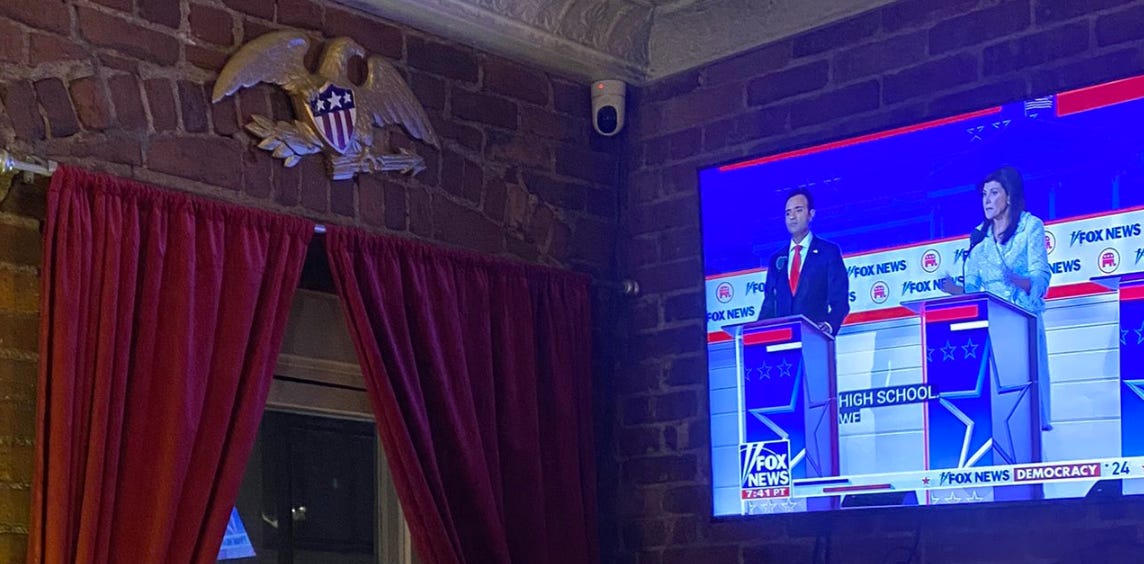

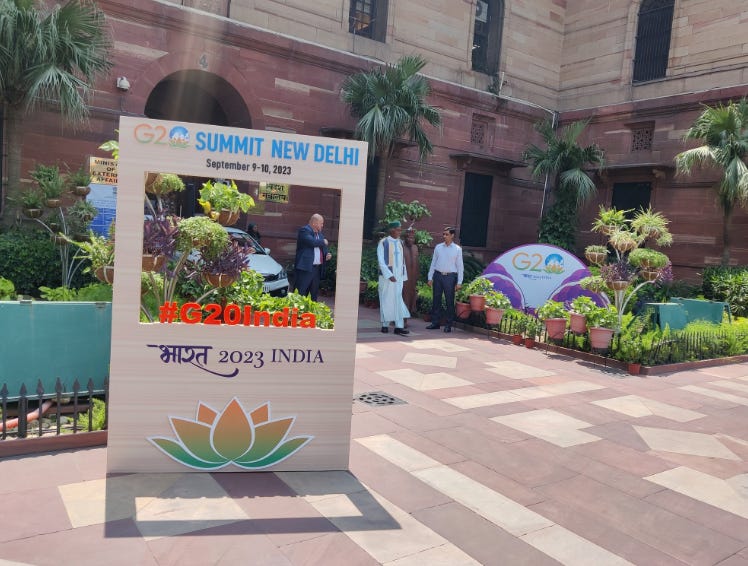
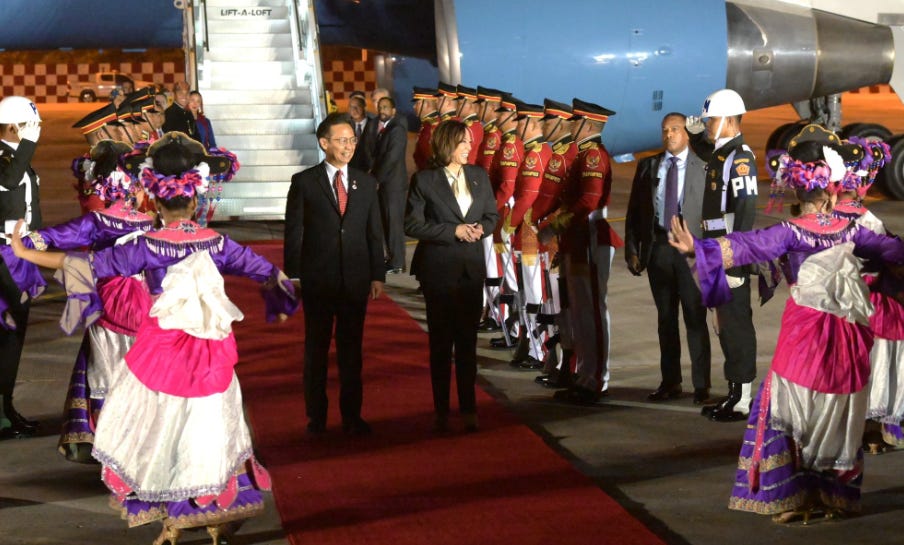
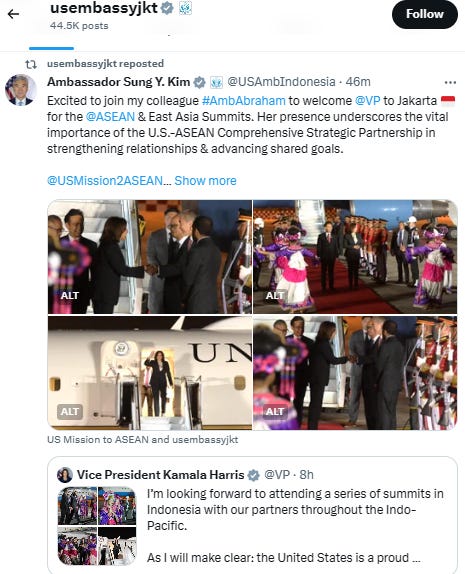
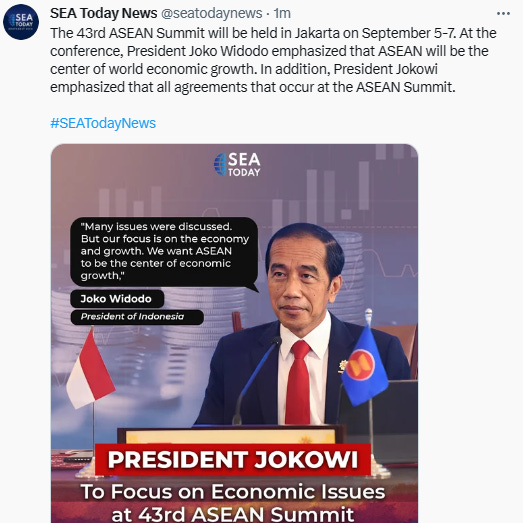
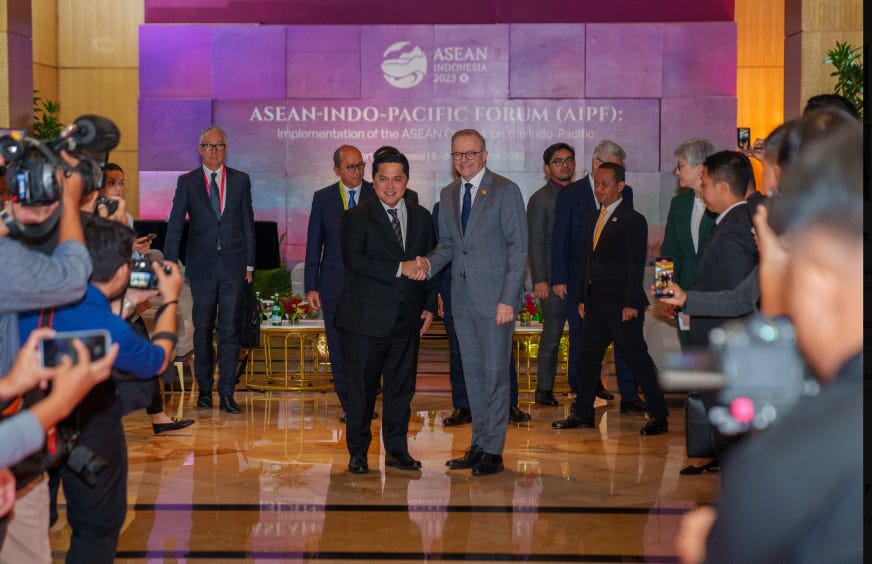
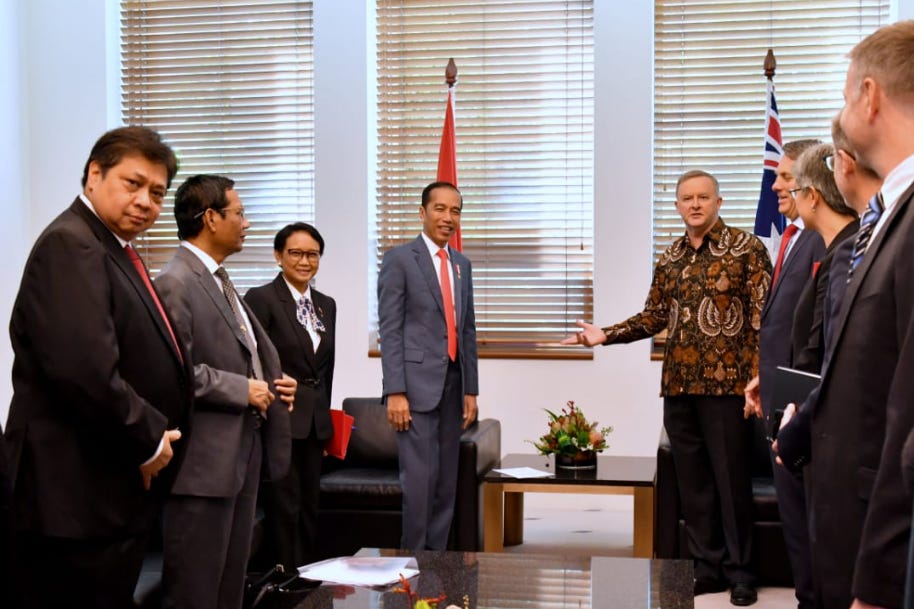
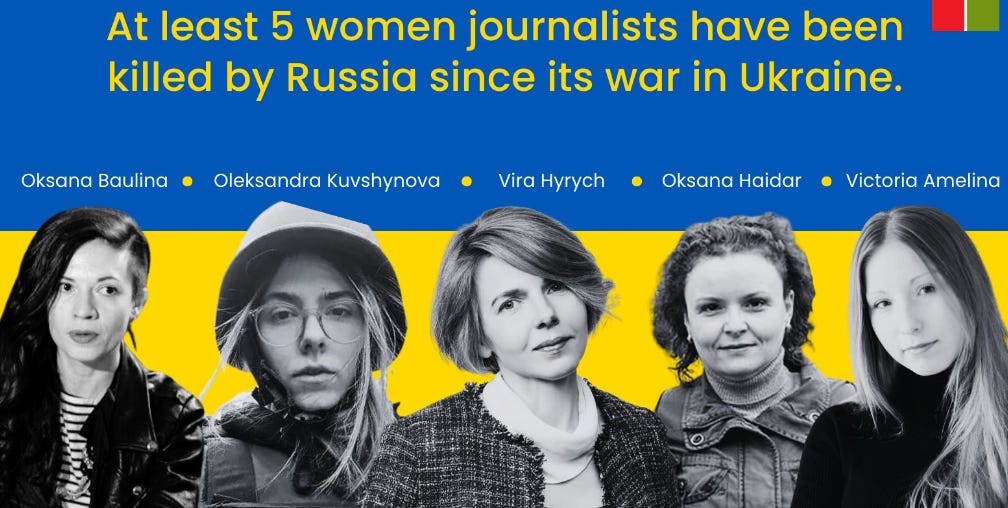
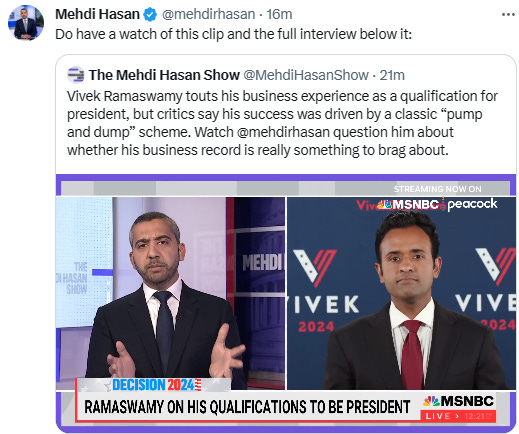
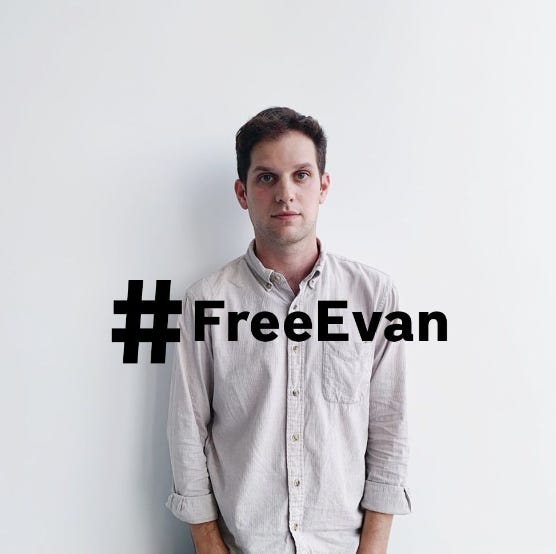

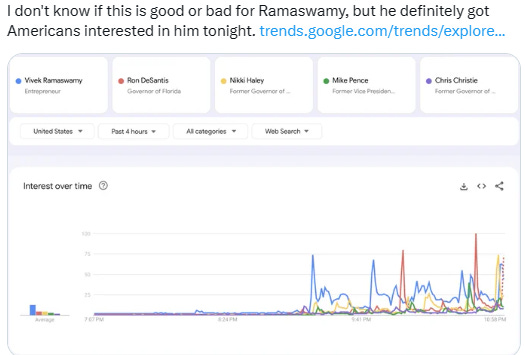
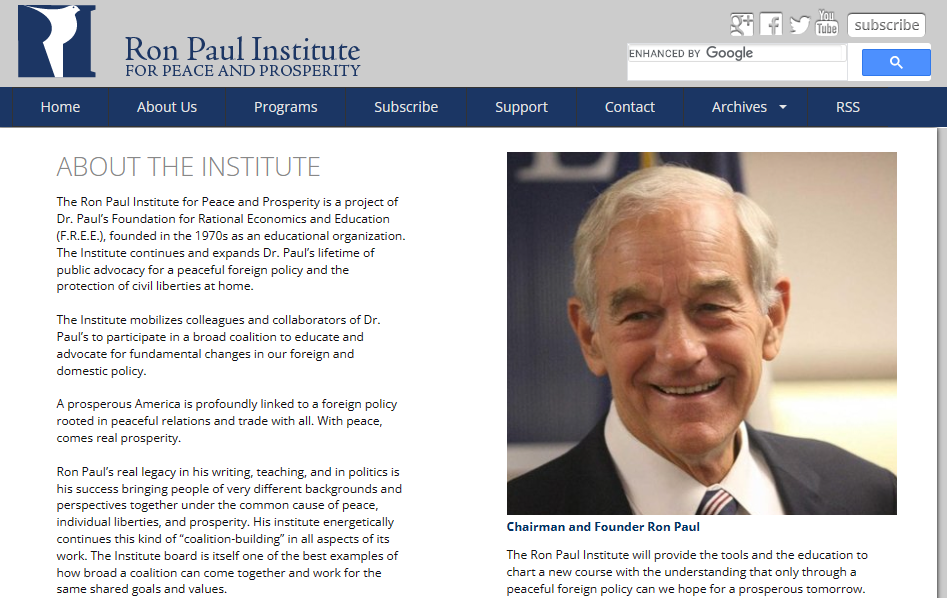
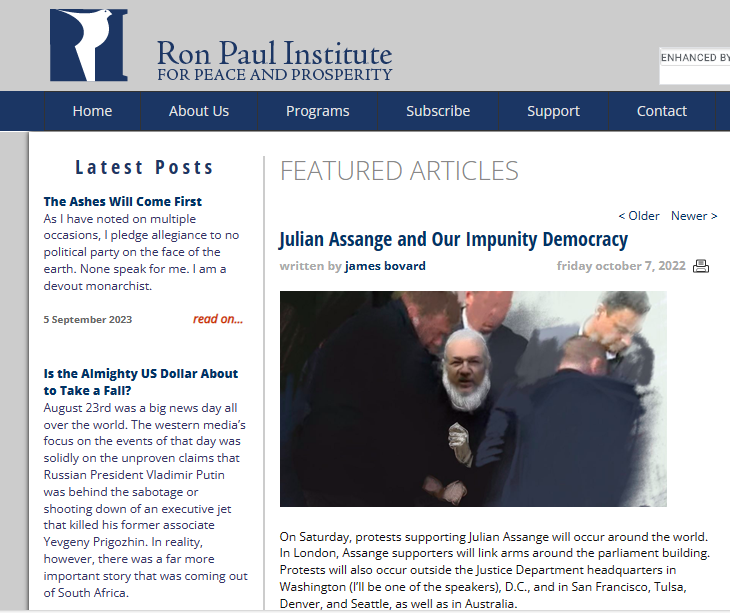
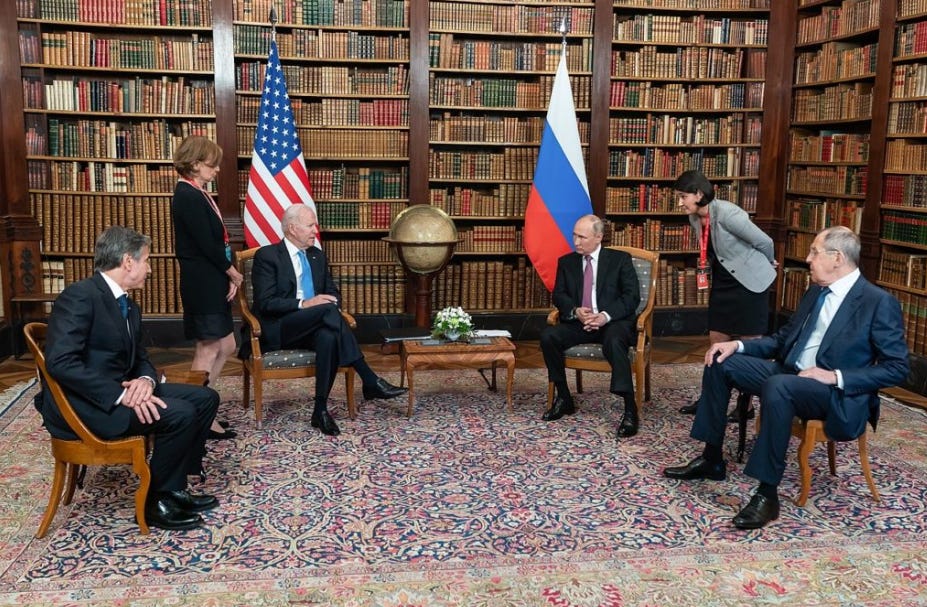
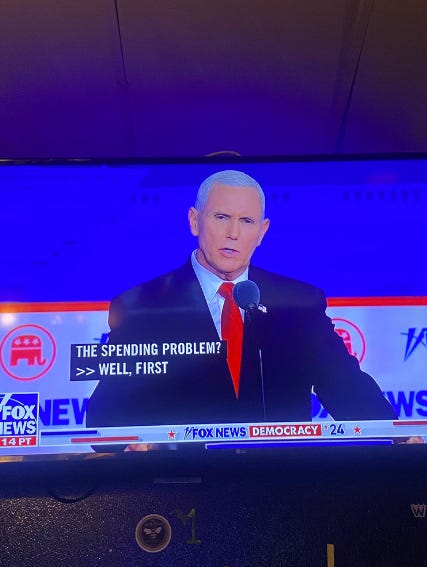

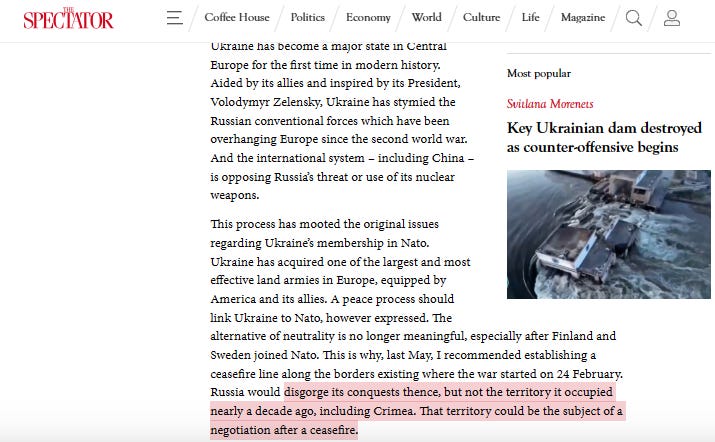
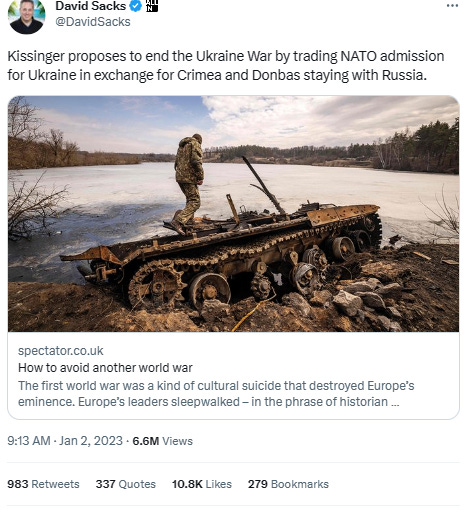
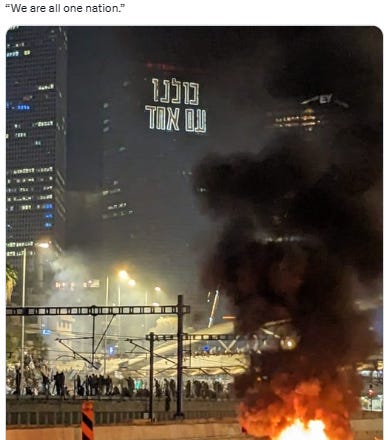
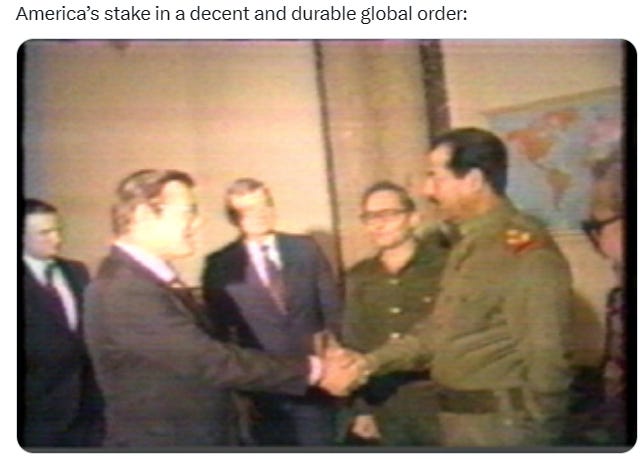
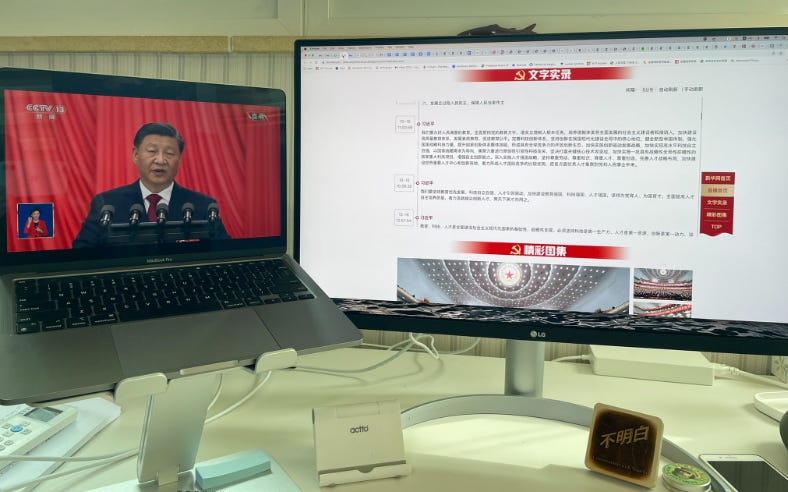


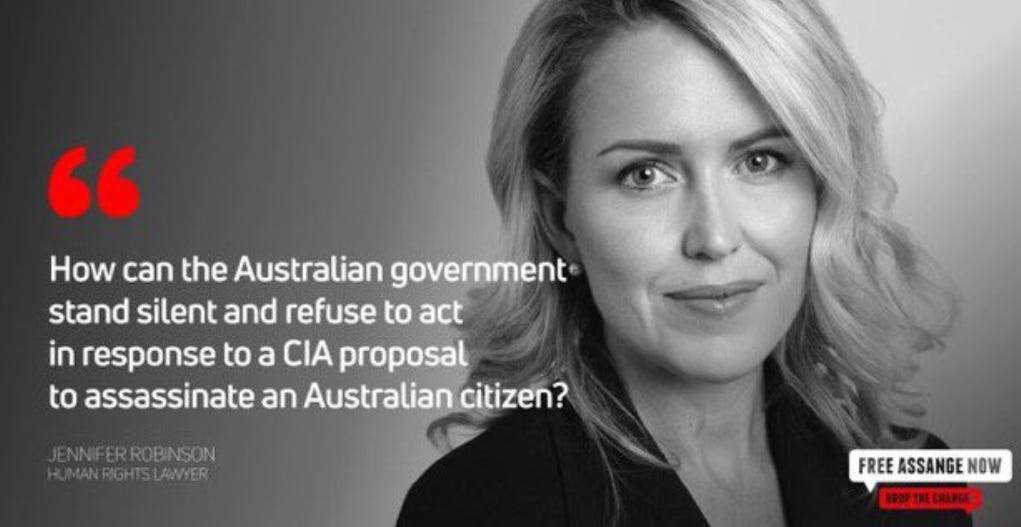

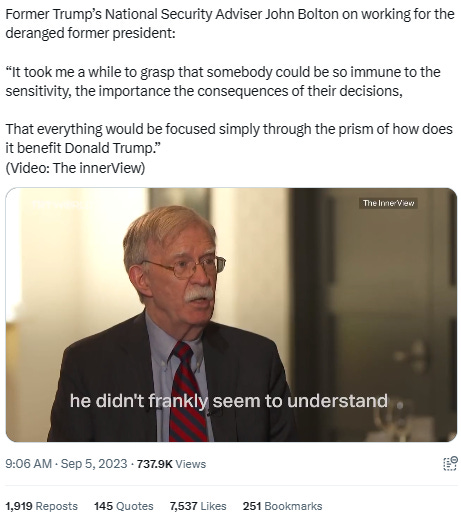
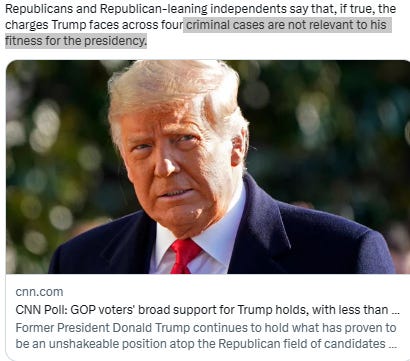
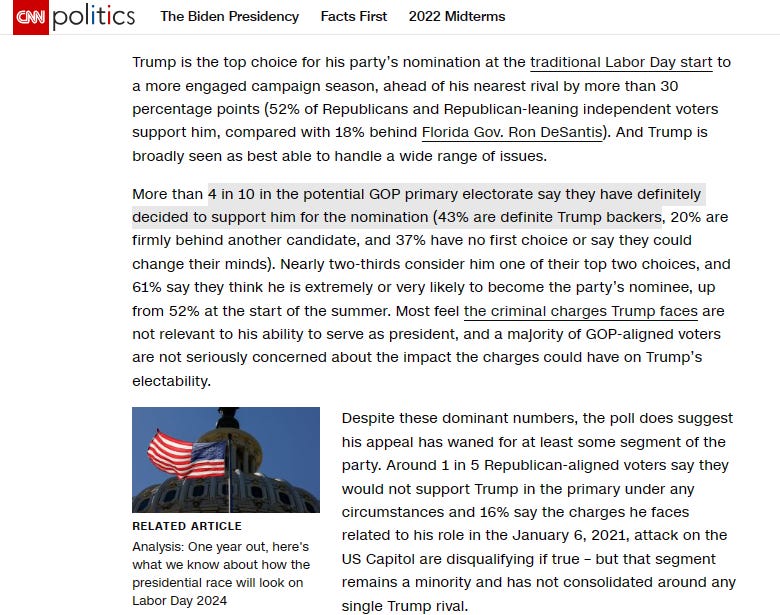
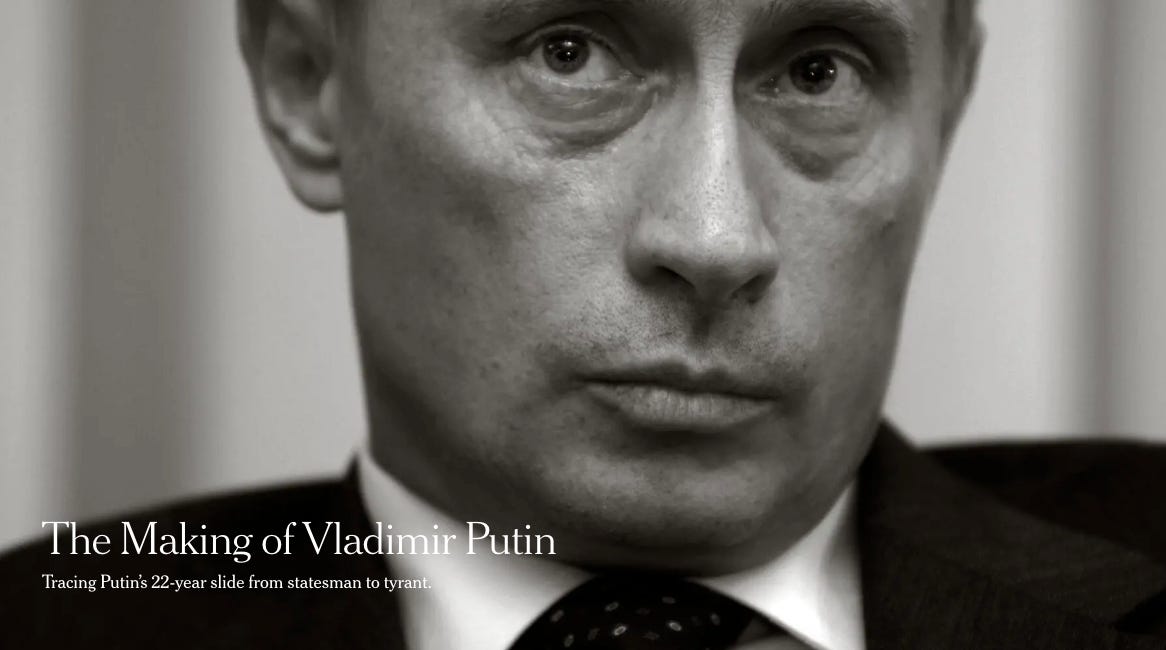
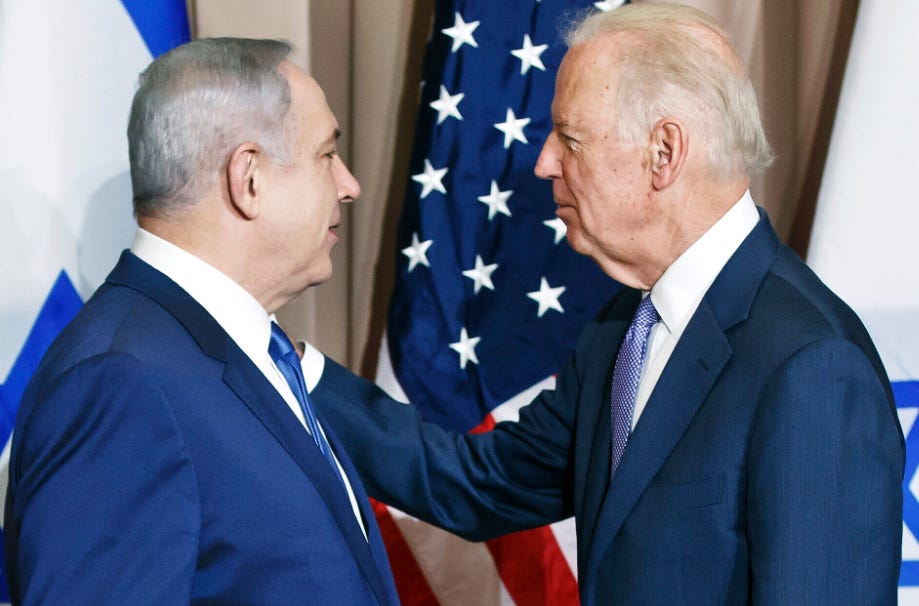
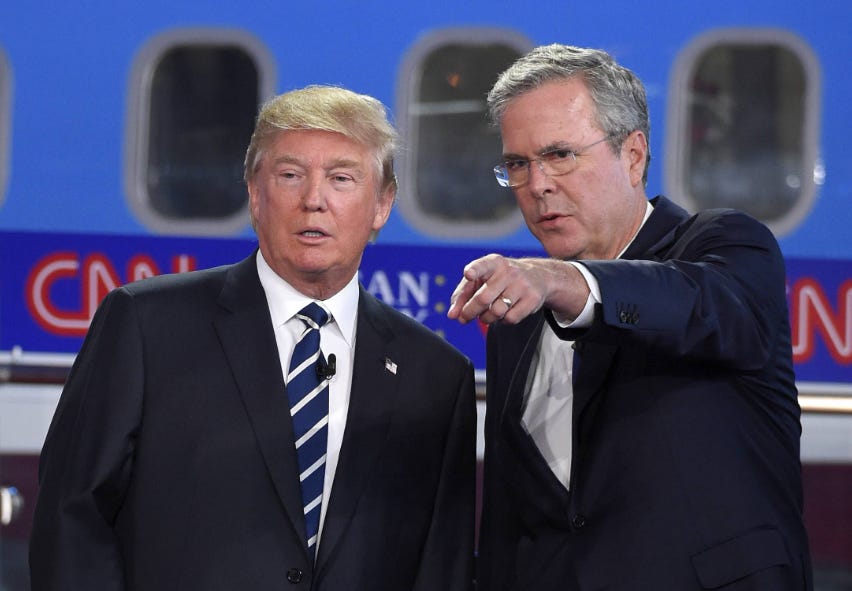
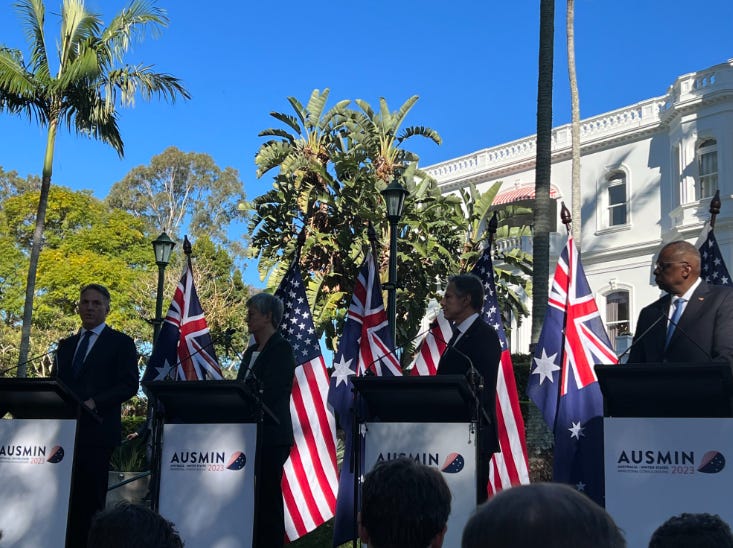
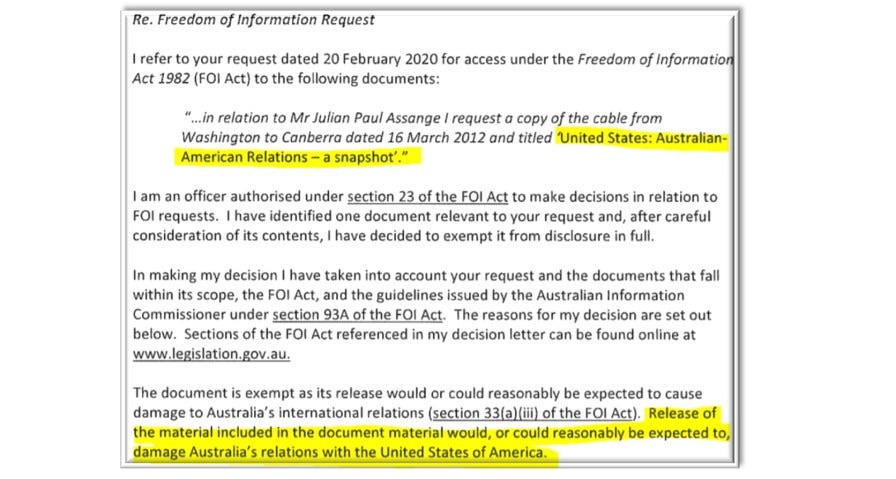
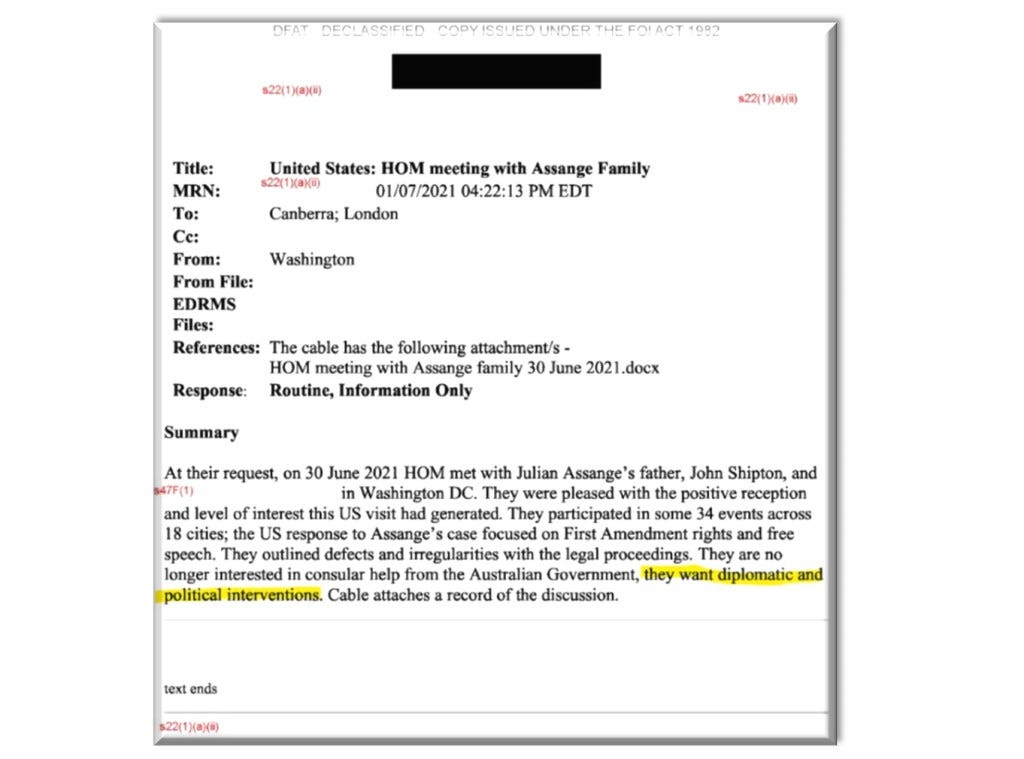
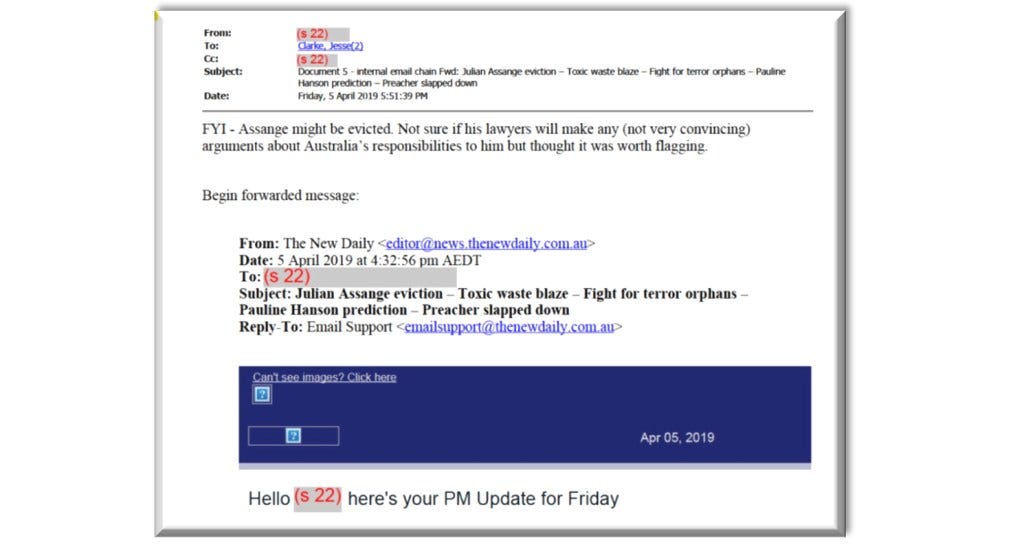
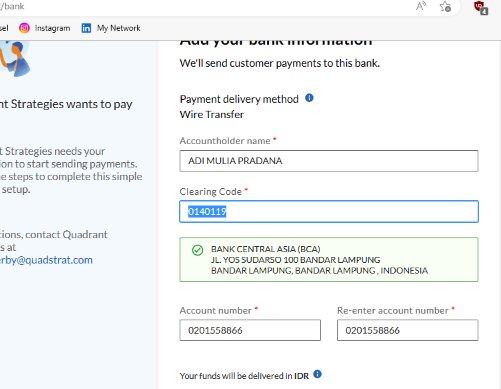
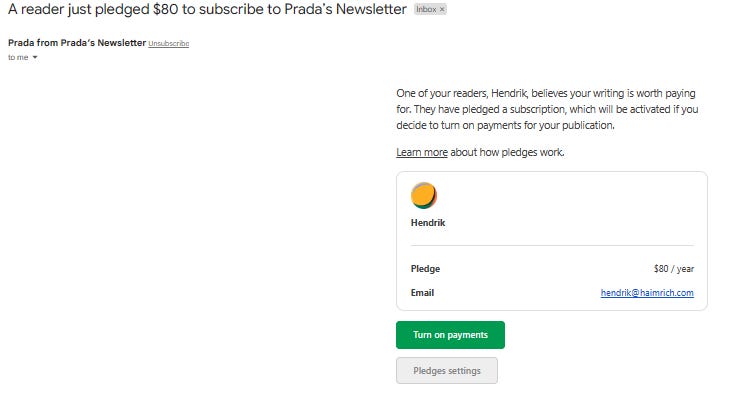
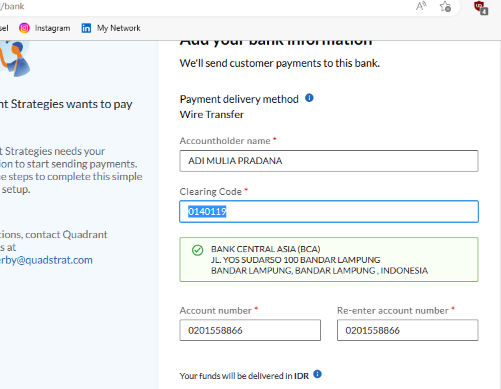


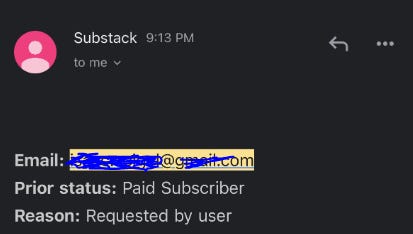
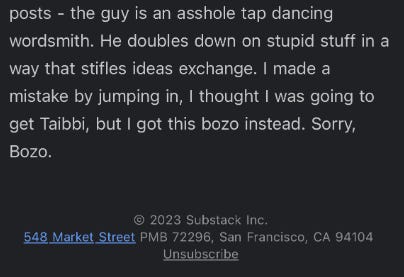


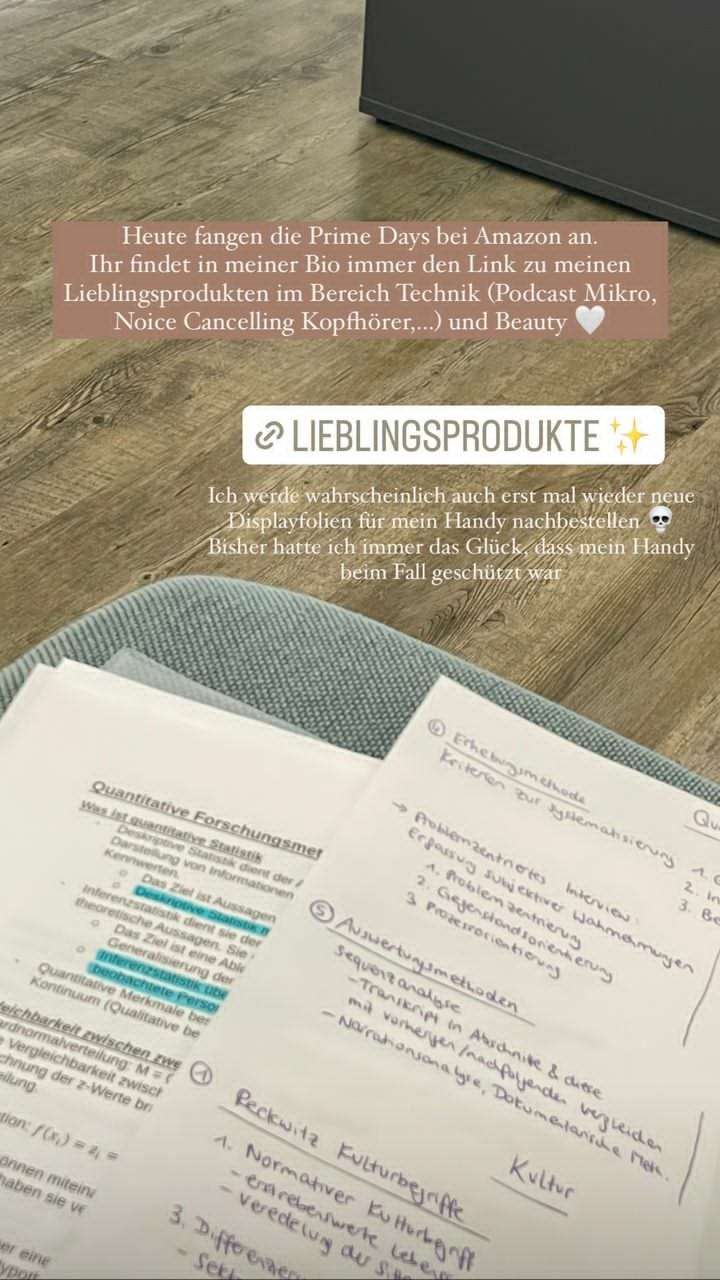
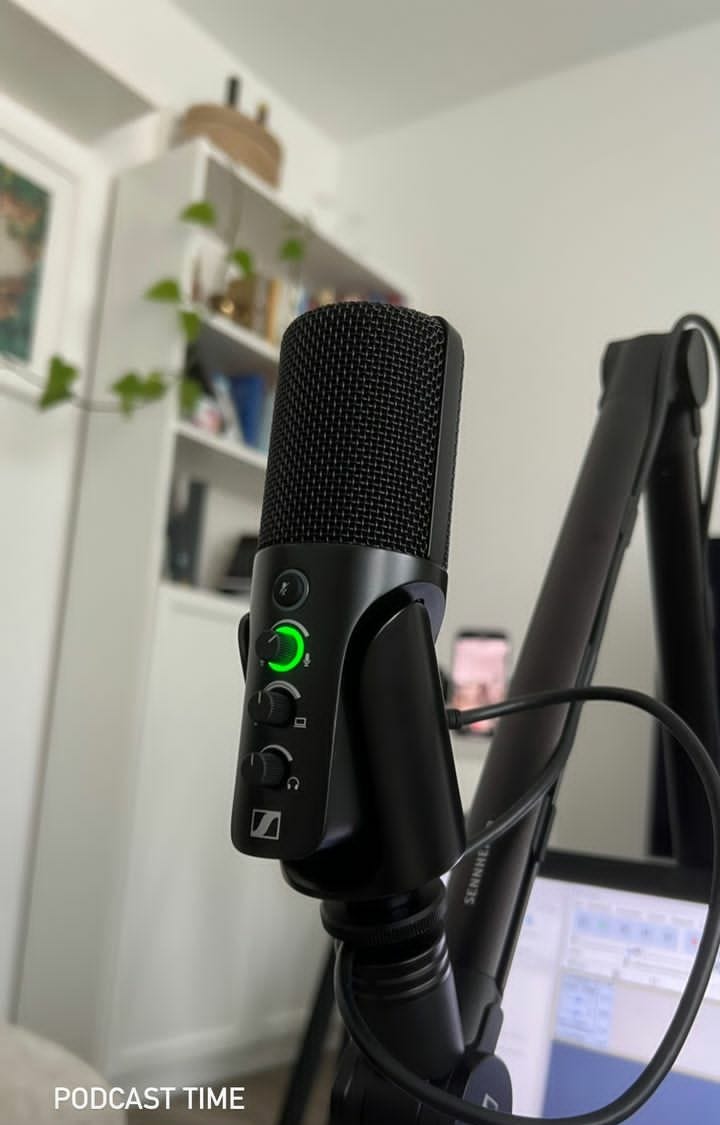
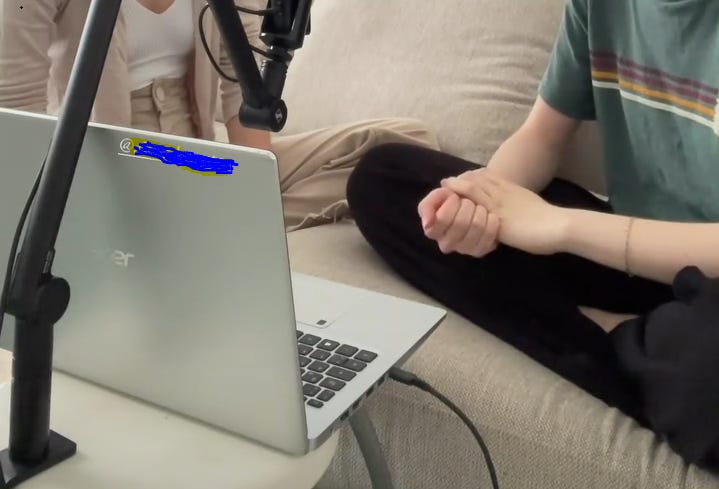
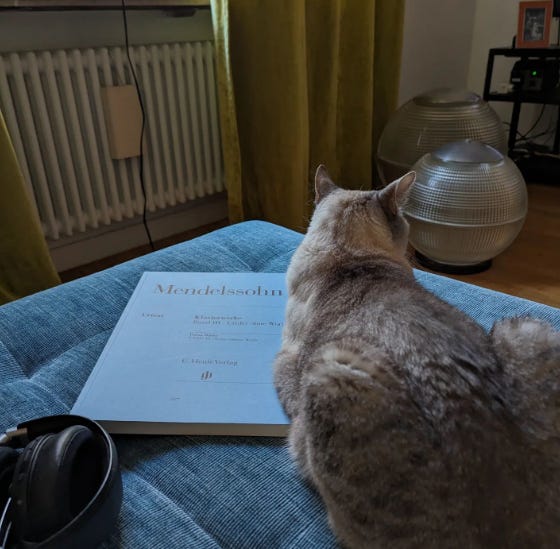

Dude is an idiot and definitely leans fascist